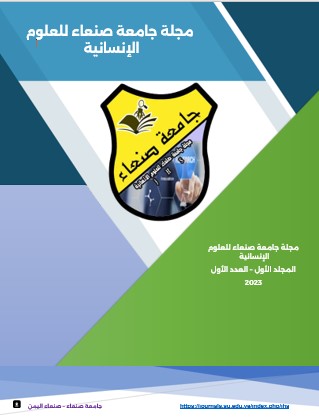The Effectiveness of a Proposed Motor Rehabilitation Program with some Physiotherapeutic Methods to Promote Grip muscle strength and stable motor balance in Post-stroke Hemiplegic Patients.
Main Article Content
Abstract
This research study aims at identifying the effectiveness of a proposed motor rehabilitation program with some physiotherapeutic methods to promote motor abilities in post-stroke hemiplegic patients (Grip muscle strength and stable motor balance,).
The research sample consisted of (6) patients chosen in an intentional way from the original research community. The experimental method of the one-group design for the pretests and post-tests of the group was applied for its appropriateness to fulfilling the objectives and hypotheses of the research. The program was carried out within a (3) month- period, divided into (36) training units having (3) sessions per a week. The duration of each session lasted for one hour to an hour and a half. The physical variables (muscle power, and neuromuscular coordination) were studied.
The results showed that there were statistically significant differences between the pretests and post-tests in Grip muscle strength and stable motor balance, were in favor of post-tests.
At the end, the research recommended that the rehabilitation program of this study should be used carefully and immediately after the injury or at an early stage for patients with stroke resulting from hemiplegia to verify the effectiveness of the program and prevent complications that may occur if the rehabilitation program is neglecte

